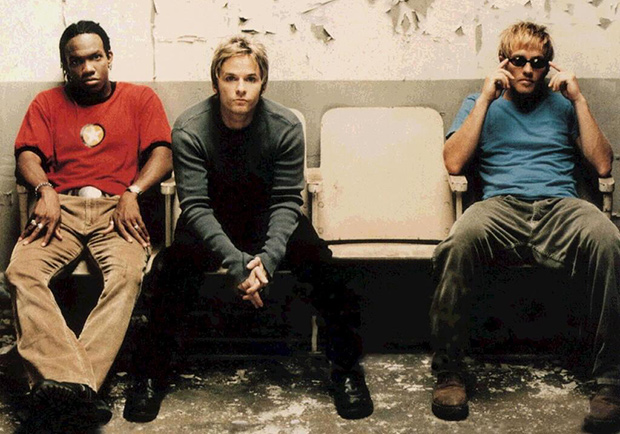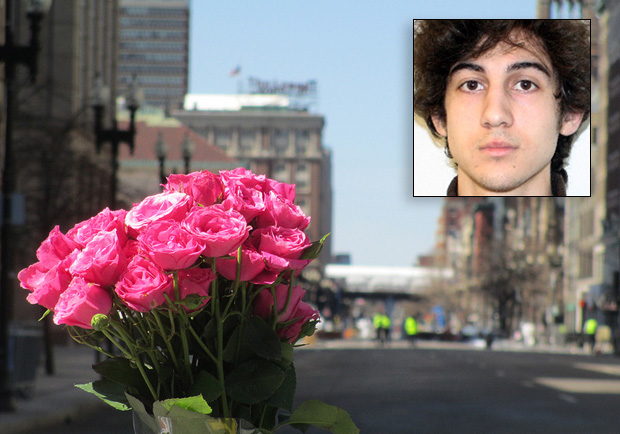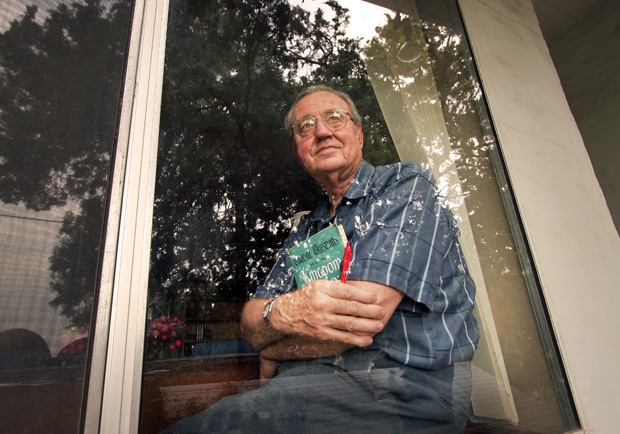If you wanted to trace the roots of Christian hip-hop, I'd tell you all about dc Talk.
At age 13, following a Geoff Moore and the Distance concert, I stood up to commit myself to Jesus, despite the voice inside my head that said the boys in my youth group would think I was a dork for doing so. Riding home in the backseat that night, I felt my heart "strangely warmed," and I've been a Jesus freak ever since.
Soon after that concert in 1996, I naturally wanted to listen to music about Jesus—and being a teenager in the mid-'90s, I had plenty to choose from. This was arguably the golden era of contemporary Christian music (CCM), when you could hear Jars of Clay's "Flood" and Sixpence None the Richer's "Kiss Me" on secular radio, and Tooth & Nail Records and bands like MxPx and Starflyer 59 made it possible to be both cool and Jesus-y.
dc Talk's Jesus Freak album had recently gone double platinum, debuting at 16 on the Billboard charts. Mixing rock, pop, and hip-hop, it was a derivative of Nirvana and A Tribe Called Quest, calling American Christians to stand up for truth when debates about prayer in public schools threatened to silence them. (Then again, we always had See You at the Pole.) I listened to the CD nonstop.
That dc Talk copied secular artists for evangelistic ends fit them neatly into the history of ccm, a subgenre born in the late-'60s that often takes the best of non-Christian music and baptizes it with biblical lyrics. But the Christian hip-hop scene has evolved. As this month's cover story suggests, a new crop of artists—including the one on our cover, Lecrae—is transcending CCM's copycat ways by mixing beats and rhymes that would hold up in any Kanye West comparison. And they're doing so, argues theologian Russell Moore, in ways that return hip-hop to its very roots and infuse the gospel with renewed edge. Call it "W.W. Jay-Z," which starts on page 22.
Back to dc Talk. In their early days—I mean Nu Thang early, 1990—they released a song called "I Luv Rap Music." A sampling: "Ya know, I asked Christ to come into my heart / And he gave me a brand new start / And on top of dat, he gave me my dreams / Doin' hip-hop music with a Christian theme." It goes without saying that "hip-hop music with a Christian theme" has grown up, thankfully. But I'd also challenge any reader to a word-by-word recount of all the verses in "Jesus Freak," which nearly 20 years ago helped more deeply plant this once-new Christian into the Word. Word.
Next issue: Economist Bruce Wydick examines why child sponsorship is so effective; Leslie Leyland Fields looks at the church-based fitness trend; and Steven R. Guthrie explains why our souls need more singing.






